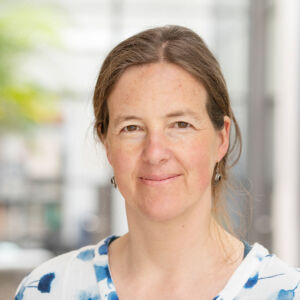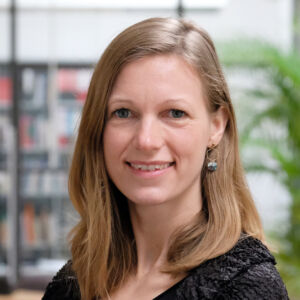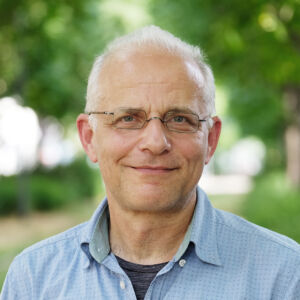Trendwende zur Erhaltung der Biodiversität: Dimensionen einer sozial-ökologischen Transformation
Marion Mehring et al.
The Institute for Social-Ecological Research (ISOE) is one of the leading independent institutes for sustainability research. We develop scientific foundations and sustainable concepts for politics, civil society and business – regionally, nationally and internationally.
About the InstituteAt the core of our research lies the question of how transformations toward sustainability can be shaped. Through our transdisciplinary research, we aim to identify opportunities for a sustainable and just approach to water, land, and biodiversity, as well as to urban development and consumption.
Go to Profile“To secure the foundations of life for all within planetary boundaries, economic practices and lifestyles must change. This requires a transformation in the relationship between society and nature.”
Prof. Dr. Flurina Schneider, Scientific Director
To the blog“Sustainable groundwater management is achievable—but only through collaboration. The challenges are too complex to be solved by technical expertise and innovation alone.”
Dr. Fanny Frick-Trzebitzky, Head of the Practices and Infrastructures Hub
Go to Profile“Climate change often affects structurally disadvantaged people more severely, particularly women and those with low incomes. To enable climate-neutral and affordable housing for all, energy and climate policies and measures in the building sector must be designed in a socially and gender-equitable manner.”
Dr. Immanuel Stieß, Head of the Practices and Infrastructures Hub
Marion Mehring et al.
Fanny Frick-Trzebitzky et al.
Available online
Heide Kerber, Michaela Rohrbach, Martina Winker
Available online
Marius Mohr et al.
Available online
Lukas Sattlegger, Luca Nitschke, Immanuel Stieß
Available online
Katja Brinkmann, Markus Rauchecker, Diego A. Menestrey
Available online
Valentin H. Klaus et al.
Available online
Melanie Jaeger-Erben et al.
Available online
Our international research currently focuses on topics such as green hydrogen, water reuse, plastics in the environment, and desertification.





